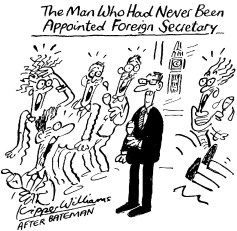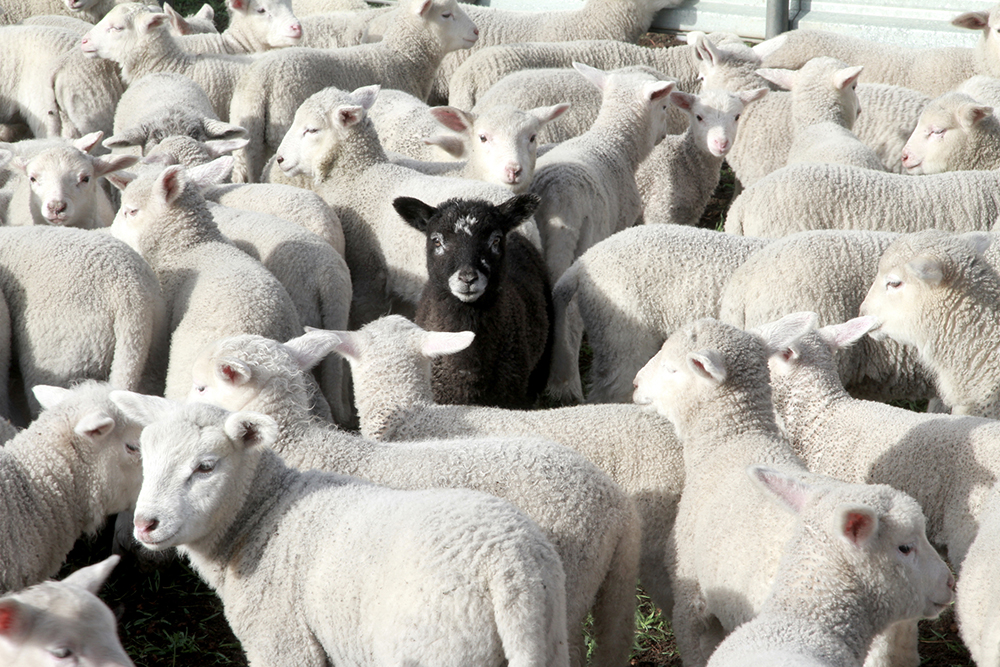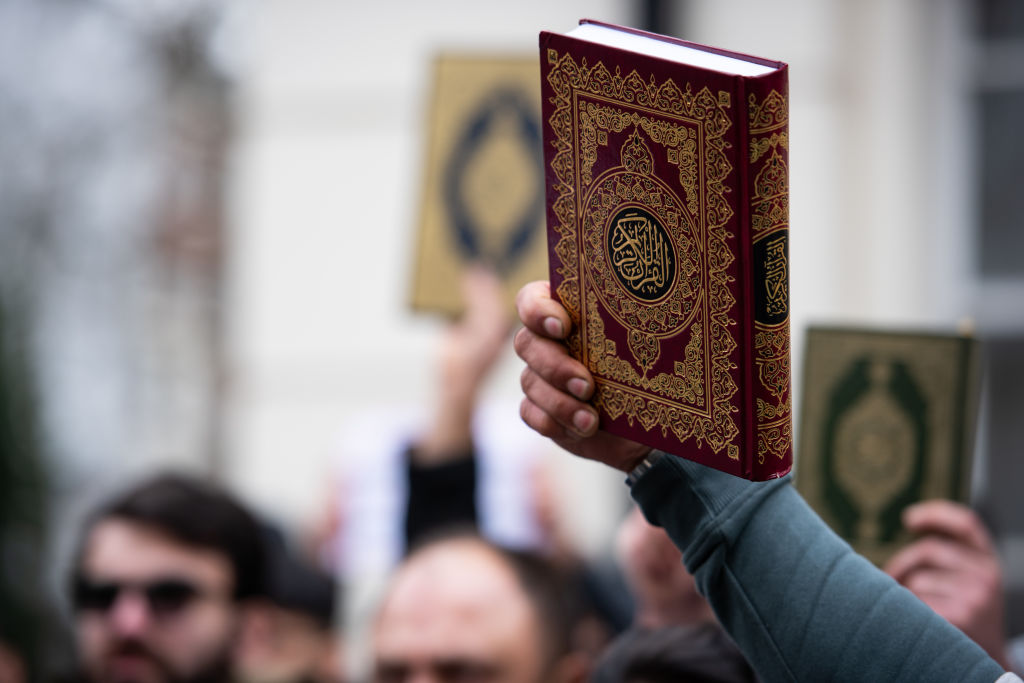
The job of radio critic for the Tablet offers several perquisites. One of them is access to the BBC previews website, and it was by this means, quite some time before its recent broadcast, that I was able to listen to Adrian Chiles’s Radio 4 documentary Finding Elgar. As a veteran of countless BBC radio documentaries and mindful of their sensitivity to the cultural issues of the day, I knew exactly what I would find, and there it was. Elgar, Chiles insisted, was an ‘outsider’ – lower middle class, a Catholic to boot, and marginalised and patronised by ‘the establishment’ until such time as his musical genius began to declare itself.
All this was relayed with Chiles’s usual enthusiasm, with contributions by people made uncomfortable by Elgar’s patriotic anthems (on which the composer himself was thought to be notably unkeen). But by about halfway through, your critic began to have his reservations about the alleged outsider-dom. This, after all, is Sir Edward Elgar – knighthood bestowed at the absurdly youthful age of 47, the darling of the Edwardian establishment, whose advancement came in an era when dozens of writers, artists, divines and politicians from humble backgrounds were able to find a place for themselves at the turn-of-the-century High Society table. Elgar, it should be noted, spent much time in 22 Old Queen Street, which today houses The Spectator, with his patron Frank Schuster, who owned the home overlooking St James’s Park and who did so much to foster the composer’s popularity.
Modern cultural orthodoxy insists that success should depend on the storming of establishment citadels
Curiously, no sooner had I stopped listening to Finding Elgar and picked up Sebastian Faulks’s new memoir, Fires Which Burned Brightly: A Life in Progress, than I realised the trick was being played again, albeit with greater subtlety and in a more contemporary setting. Though educated at a Berkshire preparatory school, Wellington College, before winning a minor scholarship to Emmanuel, Cambridge, Faulks seemed to think that he, too, was an outsider whom only pertinacity and guile had allowed to establish any kind of a career, and the book allows what some readers may think is a disproportionate amount of space to the struggles of its author’s early life.
This emphasis, it should be said, is not Faulks’s fault, or if so, only indirectly. Rather, it is the fault of modern cultural orthodoxy, which insists on mass marginality and that any kind of success should depend on the storming of establishment citadels.
Wanting to check a reference the other day in the two-volume autobiography of Brian Sewell (1931-2015), I discovered – there we are again – that it was called The Complete Outsider: Always Almost, Never Quite. That’s Brian Sewell, ladies and gentlemen: Haberdashers’ Aske’s and the Courtauld Institute, who hobnobbed with Anthony Blunt, worked at Christie’s, wrote art criticism for the Evening Standard when it was a proper newspaper, and made high-grade television programmes for the BBC.
If Brian Sewell and Sir Edward Elgar and Sebastian Faulks are in their varying ways ‘outsiders’, then where, you might ask yourself, does that leave the real left-field presences: the people with no qualifications, no professional sponsors and no well-placed colleagues with whom they went to college to put in a word?
There were genuine Victorian outsiders – the poet James Thomson the younger, say, semi-impoverished author of ‘The City of Dreadful Night’ (1874), whose detachment from the cultural world of his day was symbolised by his trudging through the rain to George Eliot’s funeral only to have his view obscured by a forest of lofted umbrellas.
Set against Thomson’s efforts to get himself published in mid-Victorian Grub Street, Elgar looks like a society pet. In the end, all these desperate attempts at placement seem to prove that every social, cultural or professional distinction is relative and that the relativity increases the higher up the ladder you travel. John Carey’s biography of William Golding, for example, makes great play of its class-conscious hero’s outsider status as a Wiltshire grammar school boy who resented the posh lads at nearby Marlborough College. And yet John Betjeman, who passed through the latter establishment a few years before, felt similarly humbled in the presence of all the modish Etonians he met at Oxford. Start investigating the class anxieties of some of those Etonians and you stumble up against the novelist Anthony Powell, a lieutenant-colonel’s son who married an earl’s daughter yet seriously considered himself a ‘poor boy made good’.

None of this is to ignore the vast divides that separate seriously rich people from seriously poor people, or stratospherically well-connected ones from those with not the faintest chance of ever getting a foot in the door. What it does seem to suggest, on the other hand, is that the oppositions of modern–day discourse – ‘establishment’ vs ‘outsiders’, ‘state school’ vs ‘private school’ and so on – are not only absurdly reductive but do profound harm to those who exist outside the loop by calcifying the taxonomy by which they are judged. Meanwhile, to one who has yet to crack the code, all this relativism can be simply bewildering.
I used to know Faulks when he edited (with great poise and discernment) the books pages of the Independent back in the late 1980s. In those days, as a callow twentysomething, I reckoned him to be the absolute epitome of style, self-confidence and professional nous. To discover three-and-a-half decades later that he rated himself a parvenu from the wrong side of the tracks is a serious disappointment.
As for myself, I’m an insurance manager’s son from a provincial direct grant school, and I don’t think you can be much more of an outsider than that.
D.J. Taylor’s collection of short stories, Poppyland, is out now.







Comments